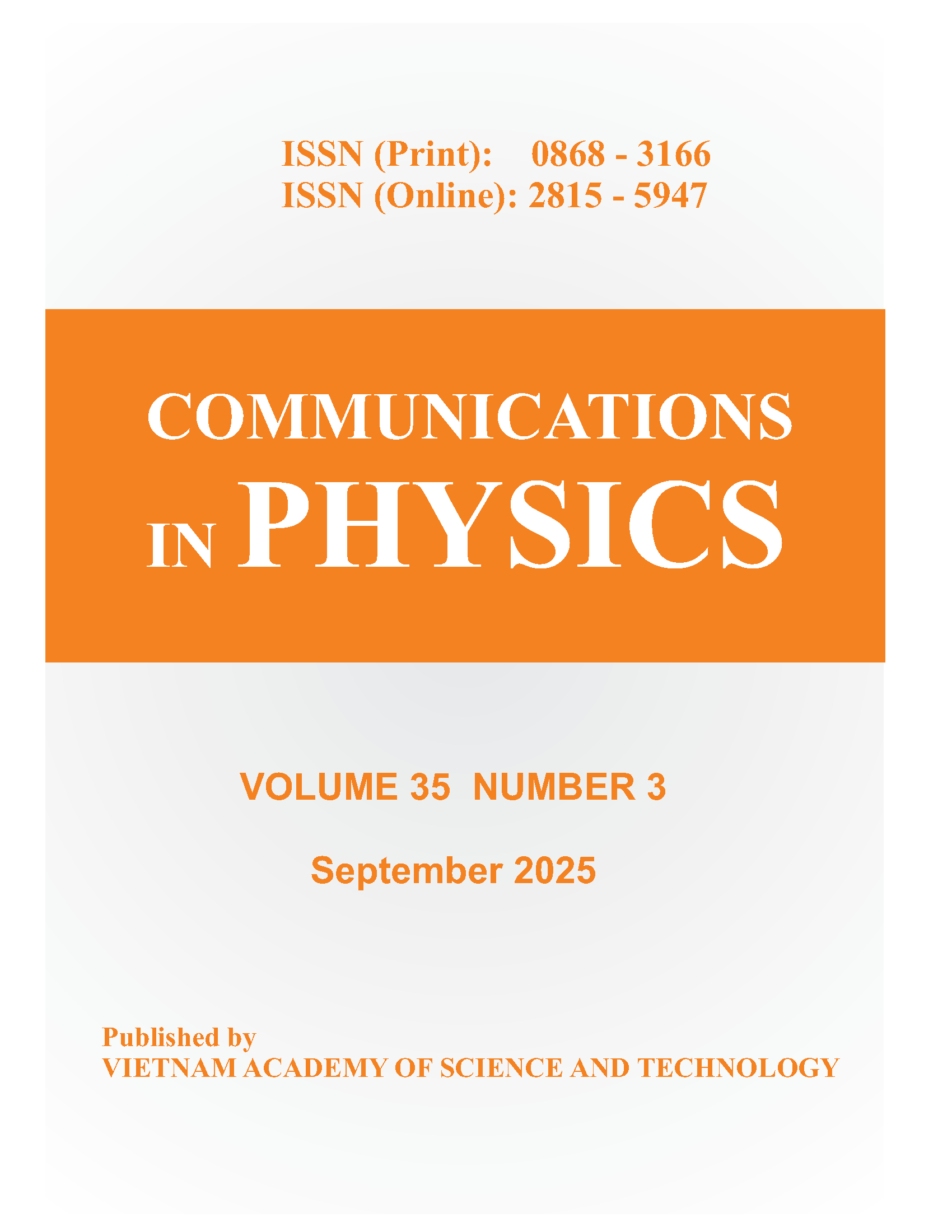Constraints on Early Star Formation and Mixing from Nucleosynthesis in Protogalactic clouds
Author affiliations
DOI:
https://doi.org/10.15625/0868-3166/20/1/1986Abstract
We calculate the stochastic chemical evolution of pre-galactic clouds as a means to constrain the degree of mixing in the early Galaxy. We employ a model based upon the cold-dark-matter paradigm for hierarchical galaxy formation. We argue that a significant dispersion in the metallicity for the alpha elements as a function of heavy elements is unavoidable for models with realistic stellar nucleosynthesis yields and a reasonable initial mass function. Although the calculated scatter in light-element abundance can be reduced by restricting the stellar initial mass function. The observed lack of dispersion requires inevitably requires that extensive mixing of the supernova eject containing alpha elements to have occurred. We use the difference between the observed and calculated dispersion of alpha to determine the degree of mixing of the early Galaxy. We argue that the large dispersion for heavy r-process elements suggests that they arise from rare events which did not have time to mix during the formation of the Galactic halo.Downloads
Downloads
Published
How to Cite
Issue
Section
License
Communications in Physics is licensed under a Creative Commons Attribution-ShareAlike 4.0 International License.
Copyright on any research article published in Communications in Physics is retained by the respective author(s), without restrictions. Authors grant VAST Journals System (VJS) a license to publish the article and identify itself as the original publisher. Upon author(s) by giving permission to Communications in Physics either via Communications in Physics portal or other channel to publish their research work in Communications in Physics agrees to all the terms and conditions of https://creativecommons.org/licenses/by-sa/4.0/ License and terms & condition set by VJS.











